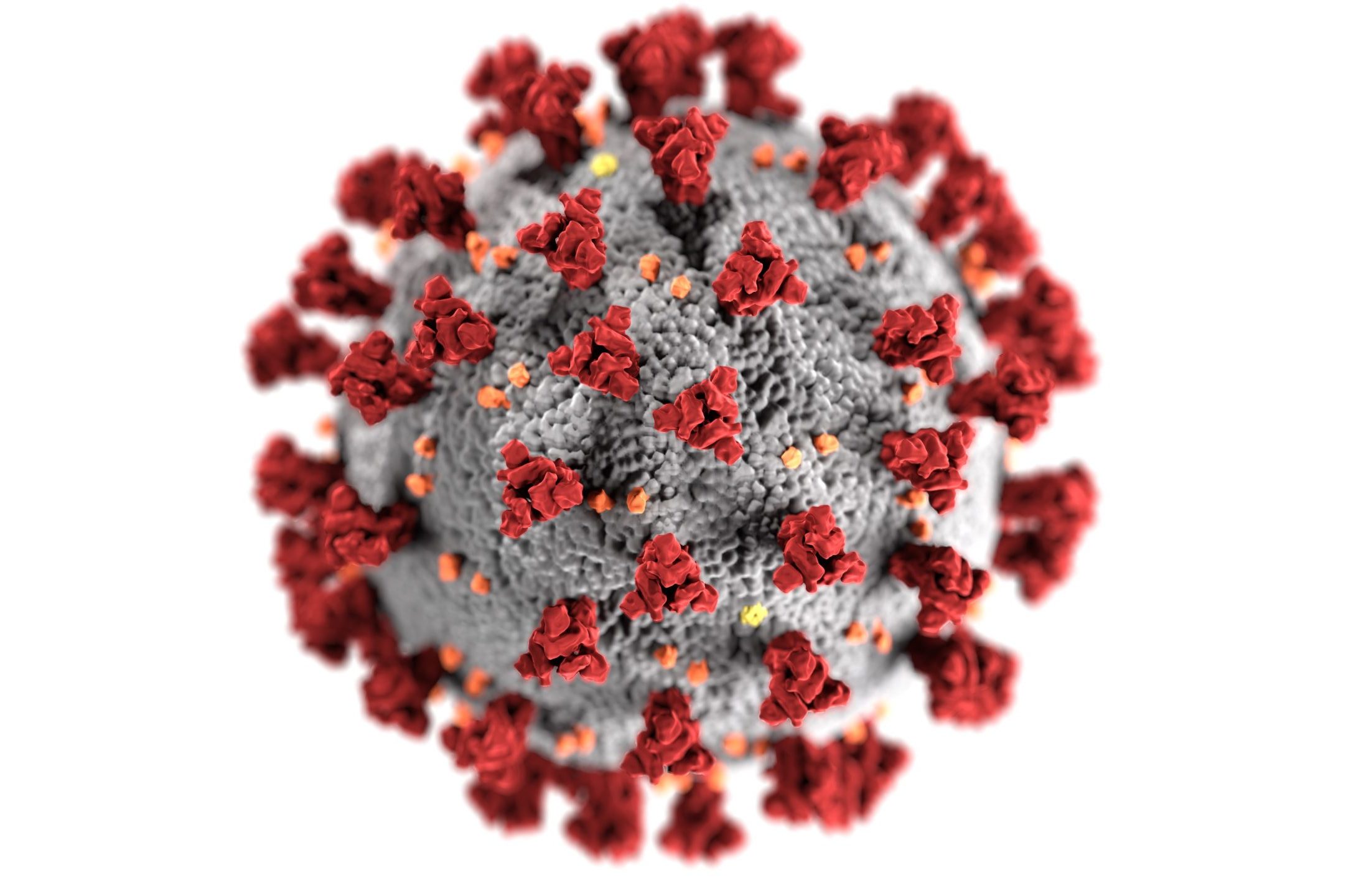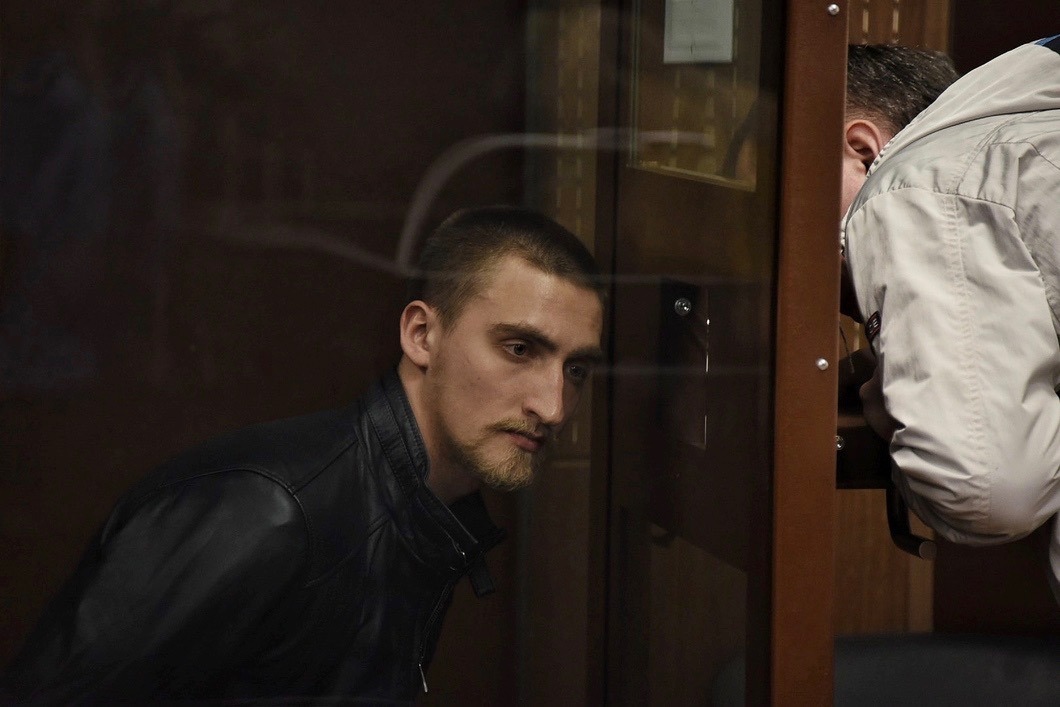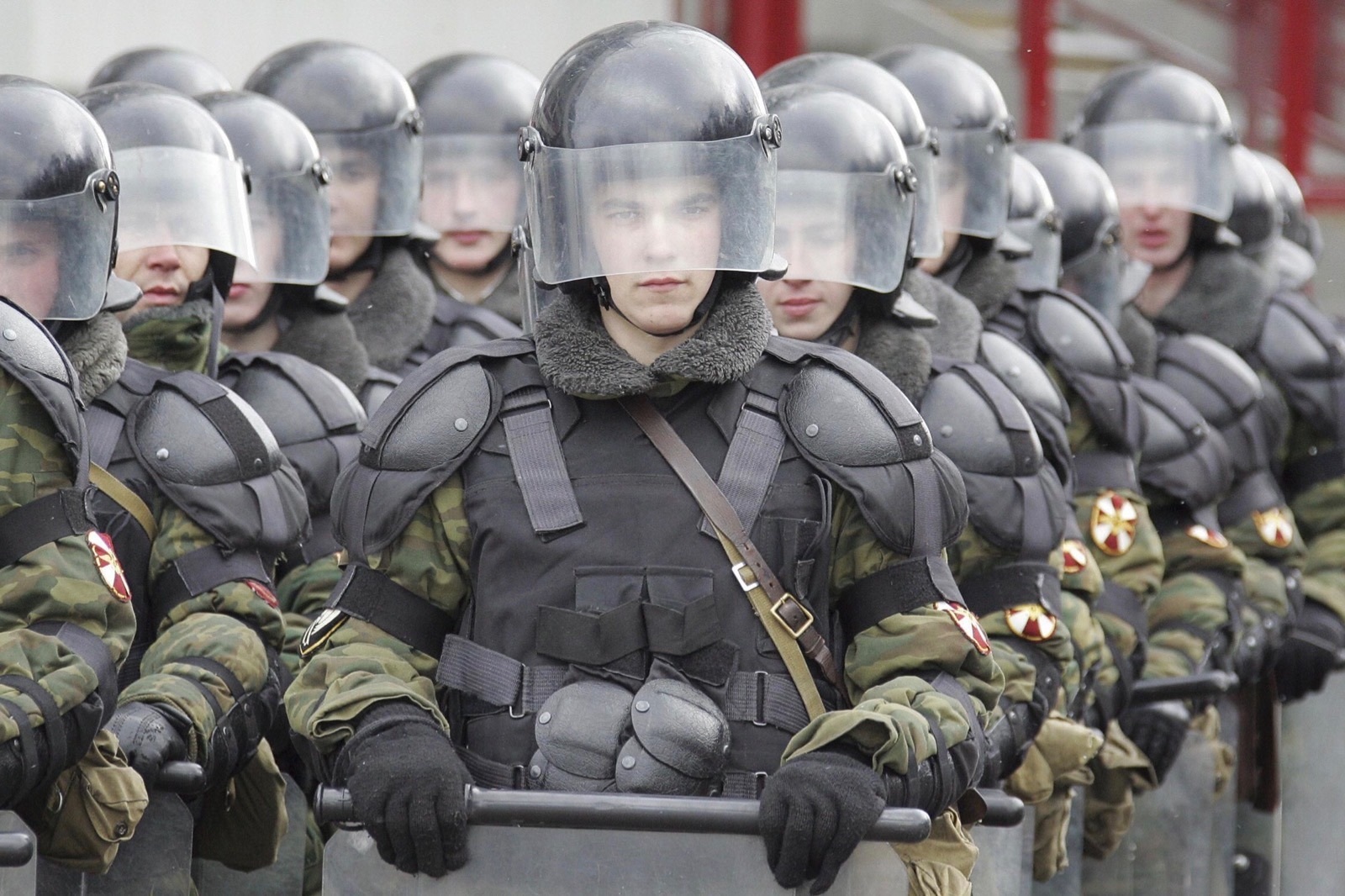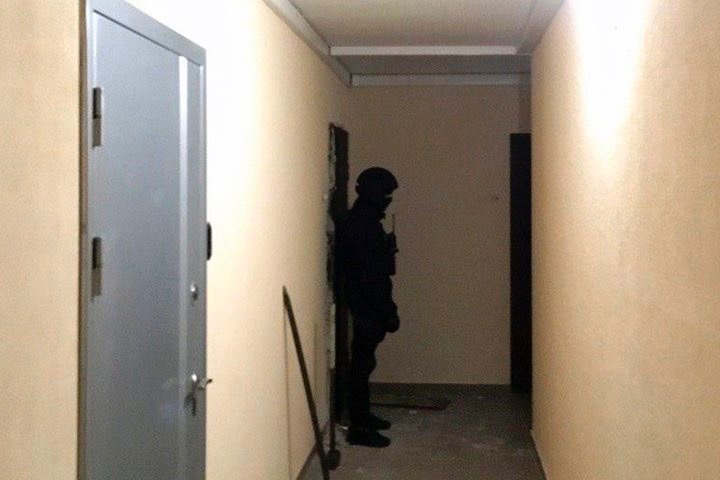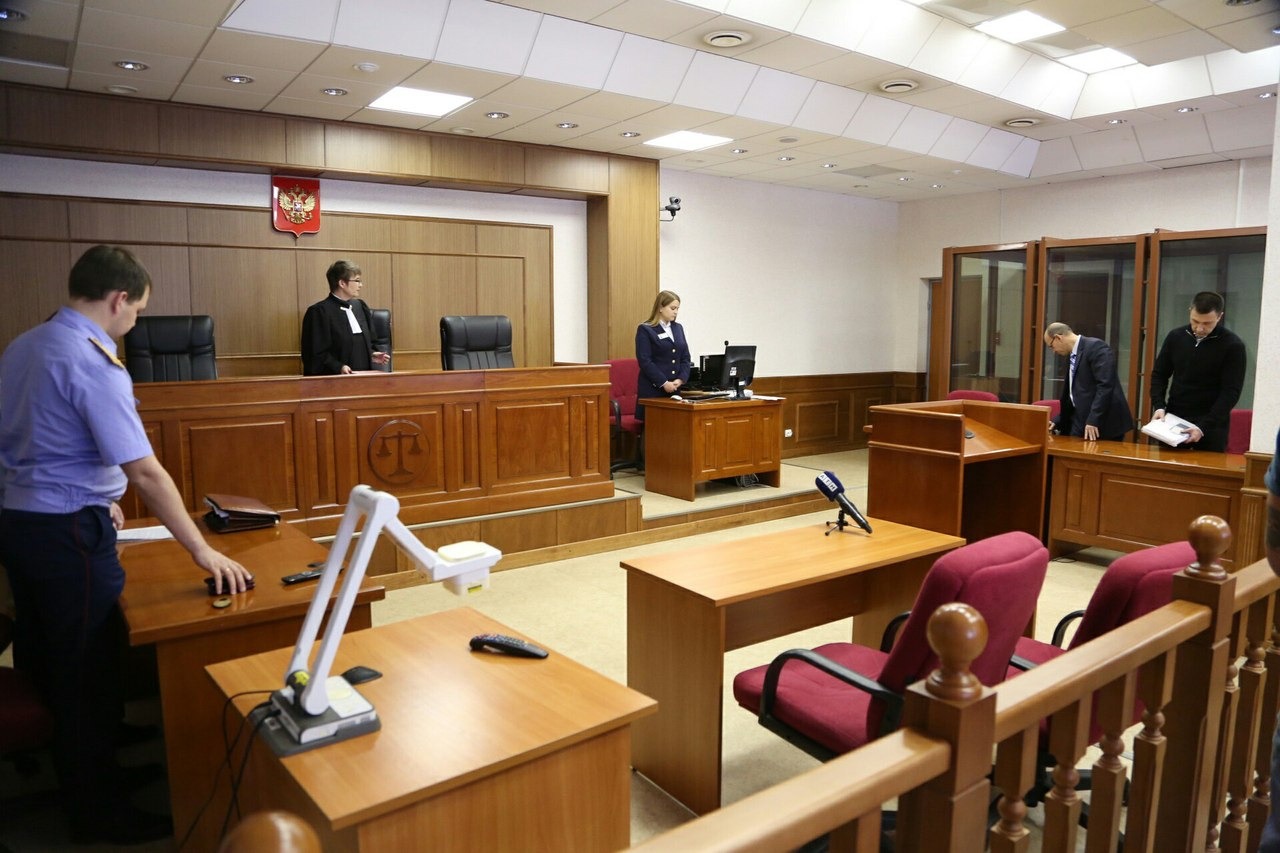On 23 January, Anastasia Shevchenko, an activist of the Open Russia movement, became the first person arrested and criminally charged for “participating in the activities of a foreign undesirable organization.” However, Open Russia is not a foreign organization — it is a pro-democracy movement operated by Russian citizens, on Russian territory — and it activists are likely being targeted not despite, but because of this.
Shevchenko’s unjust imprisonment evokes the most repressive days of the Soviet Union, underpinned by a lawlessness best described by the Stalinist dictum of “show me the person, and I will show you the crime.” Indeed, she was charged under a Kremlin law giving the government powers to arbitrarily designate foreign and international NGOs as “undesirable organizations” — which has been used to target some of the world’s most reputable pro-democracy organizations — and is now criminalizing even the grassroots efforts of the Russian people.
Over the past weeks, Russians have responded with rallies across the country, standing in solidarity with Shevchenko, whose unjust imprisonment was compounded with even greater cruelty by the Kremlin. As Shevchenko languished in detention, her special needs daughter suffered cardiac arrest, and she was denied her pleas to see her daughter until moments before her passing.
The criminality and cruelty of Shevchenko’s treatment is not only a violation of international law and an affront to human dignity and decency, but also a breach of Russia’s very own laws. Her ongoing imprisonment is a standing violation of the guarantees of the Russian constitution and its protections of fundamental freedoms.
The criminalization of Shevchenko’s innocence demonstrates a worrying precedent that can open the floodgates to further arbitrary arrests of brave activists and Open Russia members across the country. While her case and cause represents the first criminal proceeding under the “undesirables” law, more than 50 activists have been arbitrarily charged with lesser administrative offences under this legislation. They join a growing list of political prisoners in Putin’s Russia that include those like Alexei Pichugin — Putin’s longest-serving prisoner — and other courageous figures.
The Kremlin’s actions must be condemned at the highest levels. If given carte blanche to consolidate its crackdown on fundamental freedoms, the Kremlin’s prevailing pattern of persecution and prosecution will only intensify, as will the pain and plight of the Russian people.
We must join Russians in standing in solidarity with Anastasia Shevchenko, and all others who risk not only their livelihoods, but their very lives, in seeking a better future for their children. We must not relent until she — and all of Putin’s political prisoners — are free.


